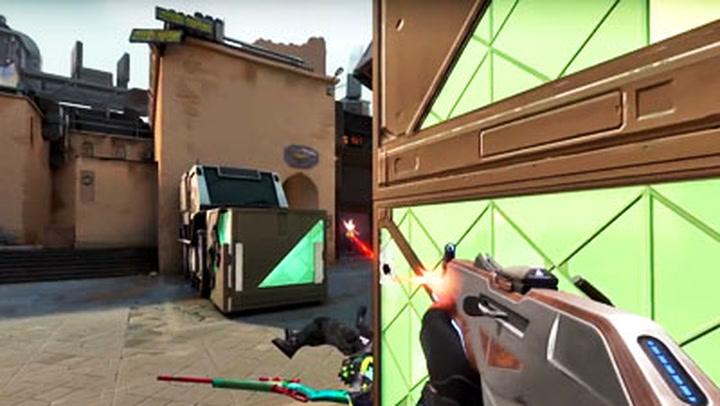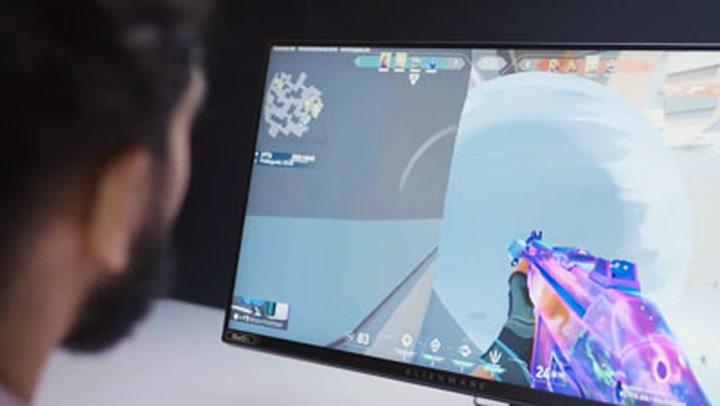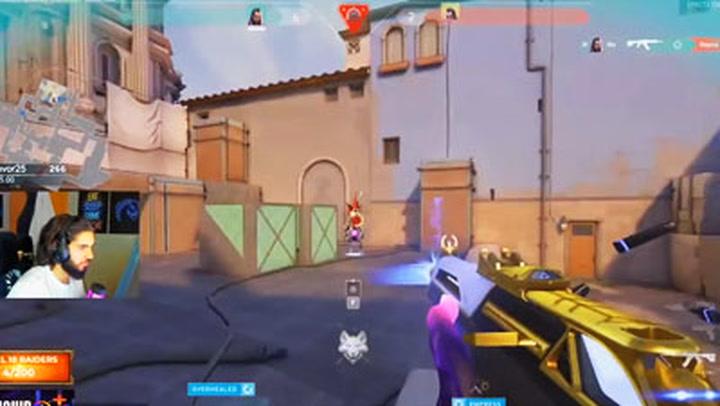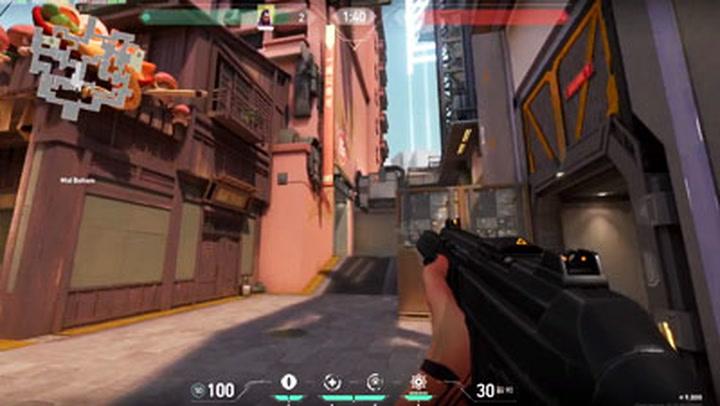ScreaM Teaches The Duelist Class

Scream
Lurking and Flanking
Lesson 8
ScreaM defines the Lurking & Flanking roles within a round and teaches you how to implement these playstyles by covering:
What lurking is and when it should be utilized
The importance of achieving good timing when trying to set up lurks or flanks
The two primary ways lurkers should contribute to winning a round for their team
Tips for maximizing your effectiveness as a lurker

Aimlabs Challenge
In this segment, ScreaM highlighted alternate playstyles for duelist agents and how to use them. In your next 3-5 ranked Valorant matches, work on identifying windows where lurking and flanking can be an effective way to catch your opponents off guard using the concepts ScreaM covered from the lesson. Remember to call your teammates back to you if you’re able to secure a key site or area of the map for free.
Lessons
ScreaM breaks down the duelist role by highlighting:
The characteristics and nuances of playing duelist agents
How an agent’s kit and abilities affect their ideal playstyle
The importance of team synergy between duelists and the other roles on a team
ScreaM shows you his personal approach to warming up and covers:
ScreaM’s mouse grip and the advantages/disadvantages of various grips
His recommended Aim Lab tasks across different aiming techniques
Various warmup exercises you can do in the Valorant practice mode
How to transition from warming up to Valorant
ScreaM teaches you some of the secrets that earned him the title “Headshot Machine”, including:
Fundamental knowledge for tactical shooters like Valorant and CS:GO
The different scenarios in which you’ll encounter enemies in Valorant
How to navigate peeking new angles
ScreaM’s take on buying the Phantom or Vandal
ScreaM goes over key concepts that can improve your odds in clutch situations including:
How ScreaM thinks about and handles high-pressure situations
ScreaM’s advice for winning numbers disadvantaged situations
The importance of calculated risk-taking during clutches
In-depth breakdowns of ScreaM playing clutch situations as a duelist agent
ScreaM teaches you the importance of staying adaptable throughout a round, by covering:
Ways the best players contribute to their team’s odds of winning a round
The importance of predictive thinking which can allow you to stay a step ahead of your opponents
The importance of factoring in both allies and enemies into your plays
The important distinction between strategy and mechanical skill
ScreaM teaches you how duelists can utilize their abilities to have the greatest impact on the game by:
Prioritizing ways to put yourself in the best possible position
Highlighting how your goals as a Duelist may change on attackers vs. defenders side
Offering an in-depth breakdown of how ScreaM uses certain Duelist abilities
Making it as hard as possible for the enemy team to kill you
ScreaM lays out tips for being an effective entry fragger for your team, including:
How to play around support utility and maximize your odds of taking winning fights
The mentality required to entry frag properly
The importance of taking space and securing specific areas for your team
Why duelists shouldn’t rely only on their aim to entry frag
ScreaM defines the Lurking & Flanking roles within a round and teaches you how to implement these playstyles by covering:
What lurking is and when it should be utilized
The importance of achieving good timing when trying to set up lurks or flanks
The two primary ways lurkers should contribute to winning a round for their team
Tips for maximizing your effectiveness as a lurker
ScreaM goes over aspects of player mentality that can help you grow as a player, including:
The importance of constantly questioning your mistakes and seeking answers
Being consistent and intentional with your practice
The way tilt impacts your play and slows down your learning
How playing with better players improves the pace of your learning
The role coaches can play in facilitating your development








